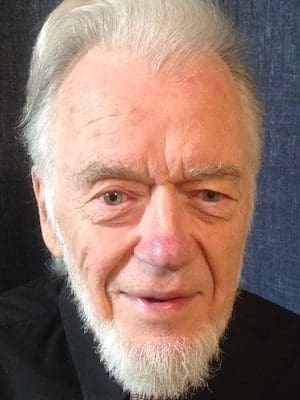The Republic of Liberia has just celebrated its 170th Independence Day, having become an independent nation on July 26, 1847.
The American Colonization Society (ACS) was established in 1816. Its purpose was to support the migration of freed slaves to the continent of Africa.
Abolitionists as well as plantation owners and other slaveholders participated in the ACS and supported its goals.
The ACS was successful in the formation of the colony of Liberia in 1820-21 on the west coast of Africa.
In 1822, a settlement was established and later named Monrovia after President Monroe. That settlement grew to become the largest city and the capital of the country.
From its beginning as an independent nation until 1980, the presidency of Liberia was held by Americo-Liberians, those who had formerly lived in the United States and the descendants of such people.
The first president of Liberia was Joseph Jenkins, who had emigrated from Virginia to the young colony in 1829.
In 1965, my wife, June, and I had the opportunity to attend the Baptist World Alliance (BWA) World Congress, which met in Miami Beach, Florida.
Among the other outstanding Baptist leaders we heard and met that week was William R. Tolbert Jr., the vice president of Liberia.
We were happy when Tolbert, who was also an ordained minister, was elected as the new BWA president – the first African to be elected to this position in that worldwide alliance of Baptists that was constituted in 1905.
Liberian President William Tubman died after 27 years in office, so in 1971, the year after his five-year term as president of the BWA ended, Tolbert became the new president of Liberia.
Because of economic problems, which among other things led to violent demonstrations known as the rice riots, Samuel Doe led a coup in 1980, murdering President Tolbert (and others) and seizing control of the country.
Tolbert continues to be highly respected in Liberia, though. New Liberian currency was issued in 2016, and Tolbert’s picture is still on the $100 bill.
The years from 1980 to 2003 was a dark period in the history of Liberia. Doe, who led the coup d’état was elected president in 1985, one year after his regime allowed for the return of political parties.
But then there was civil war in the country from 1989 to 2003. Up to 250,000 were killed while thousands more were mutilated and raped, often by armies of drugged child soldiers led by ruthless warlords, according to the BBC.
Two years after the civil war ended, Ellen Johnson Sirleaf was elected the 24th president of Liberia in 2005.
She was the first woman to be elected as the head of state of an African country. Her second six-year term will soon end so elections for a new president will take place in October.
While certainly not without lingering problems, conditions in Liberia seem to have improved greatly under President Sirleaf, who was a co-recipient of the Nobel Peace Prize in 2011.
Joseph Boakai, who is a deacon in a Baptist church, is the current vice president. He is one of several candidates in this fall’s presidential election.
Especially since Liberia was established by ethnic Africans who had lived in the U.S., many of us U.S. Americans join in congratulating Liberia for its 170 years of independence and in praying for an increasingly prosperous and peaceful future.
Leroy Seat was a missionary to Japan from 1966-2004 and is both professor emeritus of Seinan Gakuin University and pastor emeritus of Fukuoka International Church. A version of this article first appeared on his blog, The View from this Seat, and is used with permission. You can follow him on Twitter @LKSeat.
A missionary to Japan from 1966-2004, he is both professor emeritus of Seinan Gakuin University and pastor emeritus of Fukuoka International Church.

